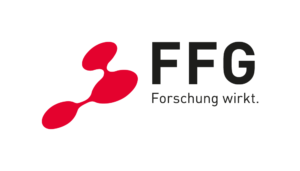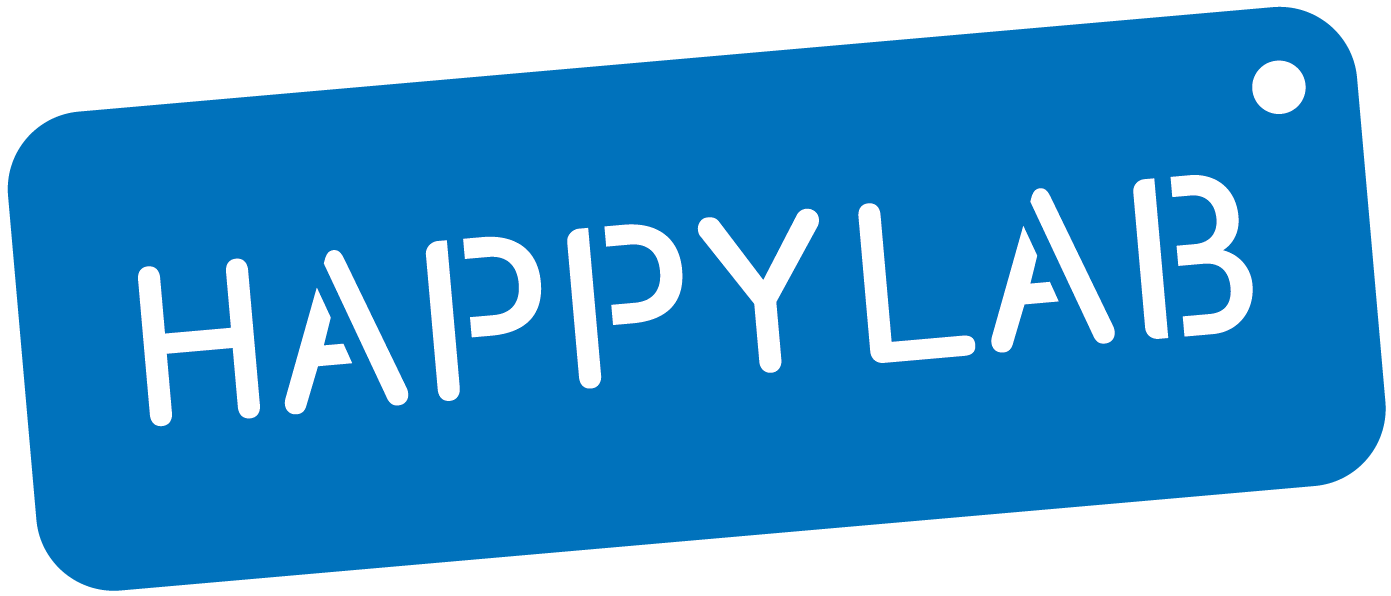

Digital competences are now seen as a key qualification for social participation in an increasingly digitalised society and include knowledge, skills and awareness of how to move safely and effectively in the digital world. These are contrasted at the individual level by the broader concept of digital agency, which, in addition to knowledge and skills, also considers digital confidence and responsibility as relevant dimensions in dealing with digital artefacts. Gendered stereotypes influence the type and extent of women's* approach to technology-related fields, which are still connoted as male*. It can be assumed that marginalised groups such as women* or older people in particular adopt and internalise stereotypical ideas about their own digital agency over the course of their lives, which inhibits their willingness to acquire digital skills in the long term.
The DigitalEncounters project aims to uncover and dismantle inequalities in self-images and images of others in relation to digital agency in society from an intersectional perspective. It examines how social groups (especially people with low digital self-confidence) experience encounters with technology, how these encounters affect the DA-related self-image, and which interventions are to be implemented to reduce negative attributions of self and other. By recording the qualitative quality of attributions on the self-image and the image of others in relation to digital agency, a framework on stereotyped self-images will be developed and tested using a specially developed instrument to survey stereotyped self-images.
Within the scope of focus groups, attitudes of people with various social identities (gender, age(s), social class) are surveyed with regard to possible manifestations of self-image. In a quantitative study, selected individual characteristics as well as structural factors and differences with regard to self-images and images of others will be examined intersectionally. Furthermore, a "Tinker Box" will be developed, which, consisting of hardware and software packages as well as information material, will enable a series of practical tasks in the sense of typical work steps in dealing with selected key technologies (e.g. laser printer, programming tools). On the basis of an application and default concept, the effects of success and failure on self-image are recorded and it is explored how people from different social groups with lower digital self-confidence encounter new technologies. In a subsequent co-design process with the addressed social groups, intervention concepts are developed that allow users to deal with aspects of DA and to question their own stereotypes.
This project is funded by the Federal Ministry for Climate Action, Environment, Energy, Mobility, Innovation and Technology and carried out as a FEMTech research project (FO999892840) within the framework of the "Talente" programme.



The AIT – Austrian Institute of Technology is Austria´s largest research and technology organisation, specialist on research and development activities of technologies, techniques and tools of key infrastructure solutions of the future.
The highly interdisciplinary team within the Center for Technology Experience investigates enhanced forms of contextual user experiences and the detailed investigation of specific factors as distinct measures of experience quality.
Involved people: Stephanie Schwarz (Project Manager), Julia Himmelsbach, Diotima Bertel, David Sellitsch

HappyLab is a so-called makerspace - an open workshop where people can work on their projects 24/7 with digital fabrication tools such as 3D printers and laser cutters and are supported in realizing their ideas. The know-how for handling the machines is conveyed in regular workshops and machine trainings - no prior knowledge is necessary!
Involved people: Joanna Kowolik, Andreas Wildmann
Das Österreichisches Institut für Berufsbildungsforschung is a non-profit research institute. Our aim is to stimulate, promote and carry out scientific studies and research projects in the field of educational research and related disciplines as well as labour market and occupational research. We are committed to the further development of scientific methods and basic research as well as national and international research cooperation.
Involved people: Alexander Schmölz, Lisa Freund

AIT Austrian Institute of Technology GmbH
Center for Technology Experience
Giefinggasse 2 | 1210 Vienna | Austria
Service contact: DigitalEncounters@tech-experience.at
Fundamental aim: The website is owned by the AIT Austrian Institute of Technology GmbH - Center for Technology Experience. The website serves to provide information about the research project DigitalEncounters.
Company register number: 115980 i
Court responsible for company register: Vienna Commercial Court
VAT reg. no.: ATU 14703506
Chamber: Economic Chamber Vienna
Reference to and access to applicable trade or professional regulations: Applicable legal regulations are located at: www.ris.bka.gv.at
Purpose of business: Research and development projects of any kind including related services
Managing Directors: DI Anton Plimon, Univ.Prof. Dr. Wolfgang Knoll
PRESIDENT OF THE SUPERVISORY BOARD:
DI Dr. Peter Schwab, MBA (voestalpine AG)
DEPUTY CHAIR PERSONS OF THE SUPERVISORY BOARD
Mag. Isabella Meran-Waldstein (Federation of Austrian Industries IV)
DI Katja Schechtner (MIT Senseable City Lab)
SUPERVISORY BOARD
Mag. Hannah Glatz (Federal Ministry for Climate Action, Environment, Energy, Mobility, Innovation and Technology BMK)
DI Harald Loos (Siemens AG Österreich)
DI Mag. Wolfgang Pell (Verbund AG)
Mag. Dr. Rupert Pichler (Federal Ministry for Climate Protection, Environment, Energy, Mobility, Innovation and Technology BMK)
Dr. Klaus Pseiner (Österreichische Forschungsförderungsgesellschaft FFG)
Dr. Dipl. Ing Brigitte Ratzer (TU Wien)
Mag. Anton Schantl (Magna Steyr Fahrzeugtechnik)
Henriette Spyra, B.A., M.A. (Head of Directorate general III, Innovation and Technology, Federal Ministry for Climate Action, Environment, Energy, Mobility, Innovation and Technology BMK)
MEMBERS OF THE SUPERVISORY BOARD APPOINTED BY WORKS’ COUNCIL
Dr. Ursula Sauer, Betriebsratsvorsitzende
Christian Gärtner
Mag. Andrew Lindley
Mag. Elisabeth Mrakotsky-Kolm
DI Cristina Tamas
DI Hubert Umschaden
Shareholders: Republic of Austria (Ministry for Climate Action, Environment, Energy, Mobility, Innovation and Technology - BMK): 50.46%; Federation of Austrian Industries: 49.54%